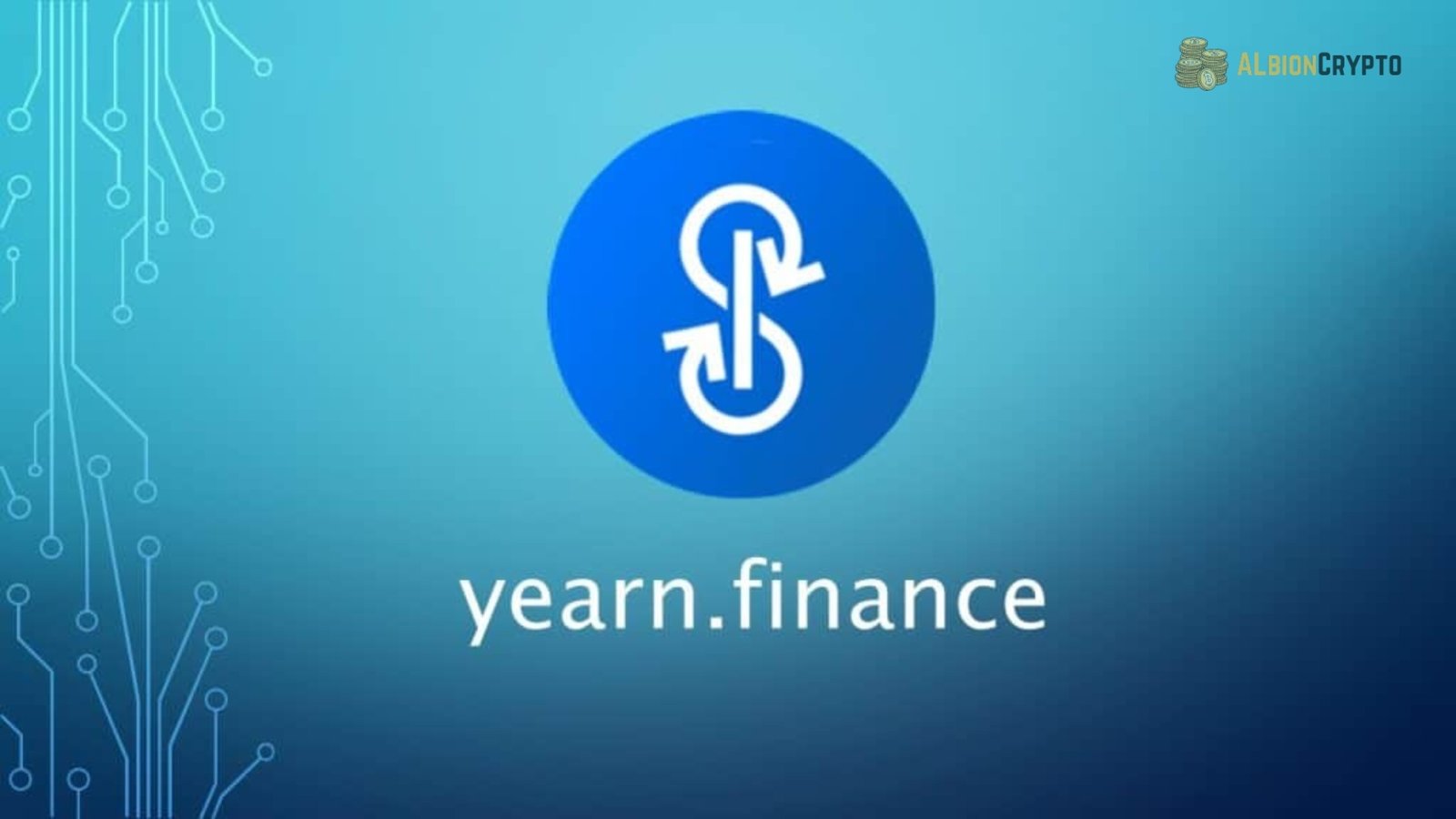Decentralized Finance, or DeFi, has taken the financial world by storm recently, creating a profound shift in how people interact with financial services. The concept of DeFi, which operates without intermediaries like banks or traditional financial institutions, aims to democratize access to financial products and services. Built primarily on blockchain technology, DeFi leverages smart contracts, decentralized applications (dApps), and cryptocurrencies to enable individuals and businesses to conduct transactions securely and efficiently.
In 2024, DeFi startups are at the forefront of this revolution, transforming various sectors such as lending, borrowing, insurance, and asset management. This article explores the latest trends, leading startups, and the challenges faced by DeFi entrepreneurs and offers insights into the future of this rapidly growing industry.
The Rise of DeFi A Quick Overview
The DeFi movement began gaining traction around 2018 with the growth of Ethereum-based decentralized applications (dApps). Unlike traditional financial systems that rely on central authorities, DeFi protocols use blockchain technology to create a decentralized, transparent, and permissionless financial infrastructure. Users can borrow, trade, and stake assets without needing a bank or financial institution, often earning higher returns than in traditional systems.
Key features of DeFi include:
- Transparency: All transactions are recorded on a public blockchain, ensuring transparency.
- Security: Smart contracts automate transactions, reducing the risk of human error or manipulation.
- Accessibility: Anyone with internet access can participate in DeFi, eliminating geographical and economic barriers.
- Efficiency: Automated processes and smart contracts remove the need for intermediaries, significantly reducing costs.
By 2024, DeFi has moved beyond its experimental phase and become a multi-billion-dollar industry with significant traction in retail and institutional markets. This rapid growth has attracted an influx of startups eager to push the boundaries of decentralized financial services.
Top DeFi Startups to Watch in 2024
Several DeFi startups are making waves in the industry by offering innovative products and services that address the challenges of traditional finance. Here are some of the most promising DeFi startups of 2024:
dYdX
Founded in 2017, dYdX has become one of the leading decentralized exchanges (DEXs) in the DeFi space. Focused on derivatives and margin trading, dYdX allows users to trade cryptocurrency assets with leverage in a decentralized manner. Its platform is known for its high liquidity, speed, and transparency, enabling traders to engage in complex financial activities without relying on centralized exchanges. dYdX has continued expanding its offerings in 2024, with features like perpetual swaps and advanced order types catering to retail and institutional traders.
Aave
Aave, a decentralized lending protocol, allows users to lend and borrow cryptocurrencies without an intermediary. Launched in 2020, Aave quickly gained prominence for its innovative approach to collateralized lending, introducing concepts such as flash loans, where users can borrow funds instantly without providing collateral as long as they return the funds in the same transaction. In 2024, Aave expanded its ecosystem by supporting a wider range of assets, integrating with multiple blockchains, and introducing features like cross-chain lending, enabling seamless transactions across different blockchain networks.
Uniswap
Uniswap is a decentralized exchange that uses an automated market-making (AMM) model, enabling users to swap cryptocurrencies directly from their wallets. Launched in 2018, Uniswap has become the go-to DEX for token swaps, with billions in daily trading volume. Uniswap’s open-source protocol has fostered a vibrant ecosystem of liquidity providers and traders, making it one of the most popular DeFi platforms. In 2024, Uniswap continues to innovate by introducing features such as concentrated liquidity pools, layer two scaling solutions, and support for non-Ethereum-based assets, expanding its reach and user base.
Synthetix
Synthetix is a decentralized protocol for trading synthetic assets, tokenized versions of real-world assets like stocks, commodities, and fiat currencies. Launched in 2019, Synthetix enables users to gain exposure to the value of these assets without actually holding them, providing new opportunities for hedging and trading. In 2024, Synthetix expanded its range of synthetic assets, offering users more options to trade and hedge decentralized. The protocol’s integration with various layer 2 scaling solutions has significantly reduced transaction costs, making it more accessible to a broader audience.
Yearn Finance
Yearn Finance is a DeFi protocol focused on yield optimization. It automates finding users’ best yield farming opportunities, allowing them to earn passive income on their crypto assets. Launched in 2020, Yearn Finance became popular for its user-friendly interface and automated strategies that maximize user returns. In 2024, Yearn Finance expanded its product suite, offering more sophisticated yield optimization strategies, cross-chain capabilities, and enhanced security features, making it a top choice for yield farmers seeking the best returns.
Emerging Trends in DeFi Startups
DeFi startups are constantly innovating to stay ahead in the fast-paced crypto world. Several trends are shaping the future of decentralized finance in 2024:
Interoperability and Cross-Chain Solutions
DeFi startups focus on creating interoperable solutions as the blockchain ecosystem becomes more diverse, allowing users to transact seamlessly across different blockchain networks. Cross-chain bridges and interoperability protocols enable DeFi applications to integrate with multiple blockchains, enhancing liquidity, reducing transaction costs, and enabling users to access a wider range of assets.
Real-World Asset Tokenization
One of the most exciting developments in DeFi is the tokenization of real-world assets such as real estate, stocks, and commodities. By converting physical assets into digital tokens on the blockchain, DeFi startups are unlocking new investment opportunities and liquidity for assets that were previously illiquid or difficult to trade. In 2024, we see more startups exploring asset tokenization, making it easier for individuals to invest in real-world assets through decentralized platforms.
Regulatory Compliance
As DeFi grows, regulators worldwide are paying closer attention to the industry. While DeFi is built on the principles of decentralization and autonomy, the lack of regulatory clarity has posed challenges for startups, especially those looking to attract institutional investors. In 2024, DeFi startups increasingly focus on creating regulatory-compliant solutions that balance decentralization and compliance. Some startups are developing decentralized identity systems, anti-money laundering (AML) tools, and Know Your Customer (KYC) solutions to meet regulatory requirements without compromising the core principles of DeFi.
Decentralized Identity and Privacy
Privacy concerns are becoming more prominent as DeFi adoption grows. Startups are developing decentralized identity solutions that enable users to control their personal data while complying with regulatory requirements. In addition, privacy-preserving technologies like zero-knowledge proofs (ZKPs) are being integrated into DeFi protocols to enhance user privacy and protect sensitive information.
Institutional DeFi
In 2024, more institutional players are entering the DeFi space, attracted by the potential for higher yields, transparency, and efficiency. DeFi startups are increasingly focusing on building products that cater to institutional investors, such as liquidity pools tailored for large-scale investments, regulatory-compliant platforms, and tools for managing risk. This institutional interest is expected to drive further growth and innovation in the DeFi sector.
Challenges Faced by DeFi Startups
While DeFi startups are thriving, they face several challenges that could impact their long-term success:
Security Risks
Despite DeFi’s advantages, security remains a significant concern. While powerful, smart contracts are susceptible to bugs and vulnerabilities, which have led to high-profile hacks and exploits. DeFi startups must prioritize security audits and adopt best practices to protect user funds and maintain trust in the ecosystem.
Scalability
As DeFi adoption grows, scalability becomes a pressing issue. Ethereum, the dominant blockchain for DeFi, has faced congestion and high gas fees, limiting its ability to support a growing number of users and transactions. While layer 2 scaling solutions and alternative blockchains are being developed to address these issues, startups must continue innovating to ensure their platforms can scale effectively.
Regulatory Uncertainty
DeFi operates in a largely unregulated environment, presenting opportunities and challenges. While decentralization provides freedom from traditional financial systems, the lack of regulatory clarity could hinder the industry’s growth, especially as governments and regulatory bodies develop frameworks for digital assets and blockchain technology.
User Experience
The DeFi space is still relatively complex, and many platforms require users to have certain technical knowledge to participate. Startups must improve the user experience by developing intuitive interfaces, simplifying processes, and providing educational resources to attract mainstream users.
The Future of DeFi Startups
The future of DeFi startups looks promising, with innovations and use cases emerging every day. As blockchain technology continues to evolve, we can expect DeFi startups to push the boundaries of what’s possible in finance, offering even more decentralized, transparent, and efficient solutions for users worldwide.
Key areas to watch in the coming years include the continued development of decentralized identity systems, more sophisticated privacy solutions, and integrating artificial intelligence (AI) and machine learning into DeFi protocols. Additionally, as institutional adoption grows, we will likely see more collaborations between traditional financial institutions and DeFi startups, further blurring the lines between centralized and decentralized finance.
In conclusion, DeFi startups in 2024 are disrupting traditional finance and laying the foundation for a new, decentralized financial system. By embracing innovation, tackling challenges, and expanding their reach, these startups have the potential to revolutionize the way we think about and interact with money, creating a more inclusive and efficient financial ecosystem for all.
FAQs
What is DeFi and how does it differ from traditional finance?
DeFi, or Decentralized Finance, is a financial system built on blockchain technology that operates without intermediaries like banks or traditional financial institutions. Unlike traditional finance that relies on central authorities, DeFi uses smart contracts and decentralized applications to enable users to borrow, lend, trade, and stake assets directly. Key differences include complete transparency through public blockchain records, accessibility to anyone with internet access regardless of location, and significantly lower costs due to the elimination of intermediaries.
Which DeFi startups are leading the industry in 2024?
The top DeFi startups in 2024 include dYdX (a leading decentralized exchange focused on derivatives and margin trading), Aave (a lending protocol known for innovative features like flash loans and cross-chain lending), Uniswap (the dominant decentralized exchange using automated market-making), Synthetix (enabling trading of synthetic assets representing real-world assets), and Yearn Finance (specializing in automated yield optimization strategies).
What are the main challenges facing DeFi startups?
DeFi startups face four major challenges: Security risks from smart contract vulnerabilities that can lead to hacks and exploits; Scalability issues including network congestion and high transaction fees, particularly on Ethereum; Regulatory uncertainty as governments develop frameworks for digital assets without clear guidance; and User experience barriers since many platforms require technical knowledge that limits mainstream adoption.
What emerging trends are shaping DeFi in 2024?
Key trends include cross-chain interoperability allowing seamless transactions across different blockchains, real-world asset tokenization of properties like real estate and stocks, regulatory compliance solutions including decentralized identity and KYC/AML tools, privacy-preserving technologies like zero-knowledge proofs, and institutional DeFi with products tailored for large-scale institutional investors seeking higher yields and transparency.
Is DeFi safe to use and how can users protect themselves?
While DeFi offers enhanced security through blockchain technology and smart contracts, it’s not without risks. Users should protect themselves by only using well-audited platforms with strong security track records, starting with small amounts to test platforms, using hardware wallets for storing significant assets, staying informed about potential vulnerabilities, and understanding that DeFi investments are not insured like traditional bank deposits. Due diligence and continuous education are essential for safe participation in the DeFi ecosystem.


